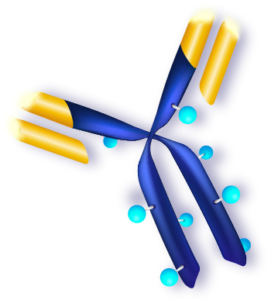
Physicians and scientists alike are characterizing antibody-drug conjugates (ADCs) as the next generation of cancer treatments. However, for an ADC therapeutic to be successful, many complex factors must work together in unison.
In order to combat tumor cells without affecting healthy tissue, ADCs are engineered to target cancer-specific proteins. Choosing the correct target protein is paramount. Currently, most known cancer proteins are either too broadly expressed or too specific to a given cancer subtype to be effective targets. At the same time, many antibodies are not specific enough to accurately target a cancer-specific protein. These issues are major obstacles in the current cancer treatment landscape.
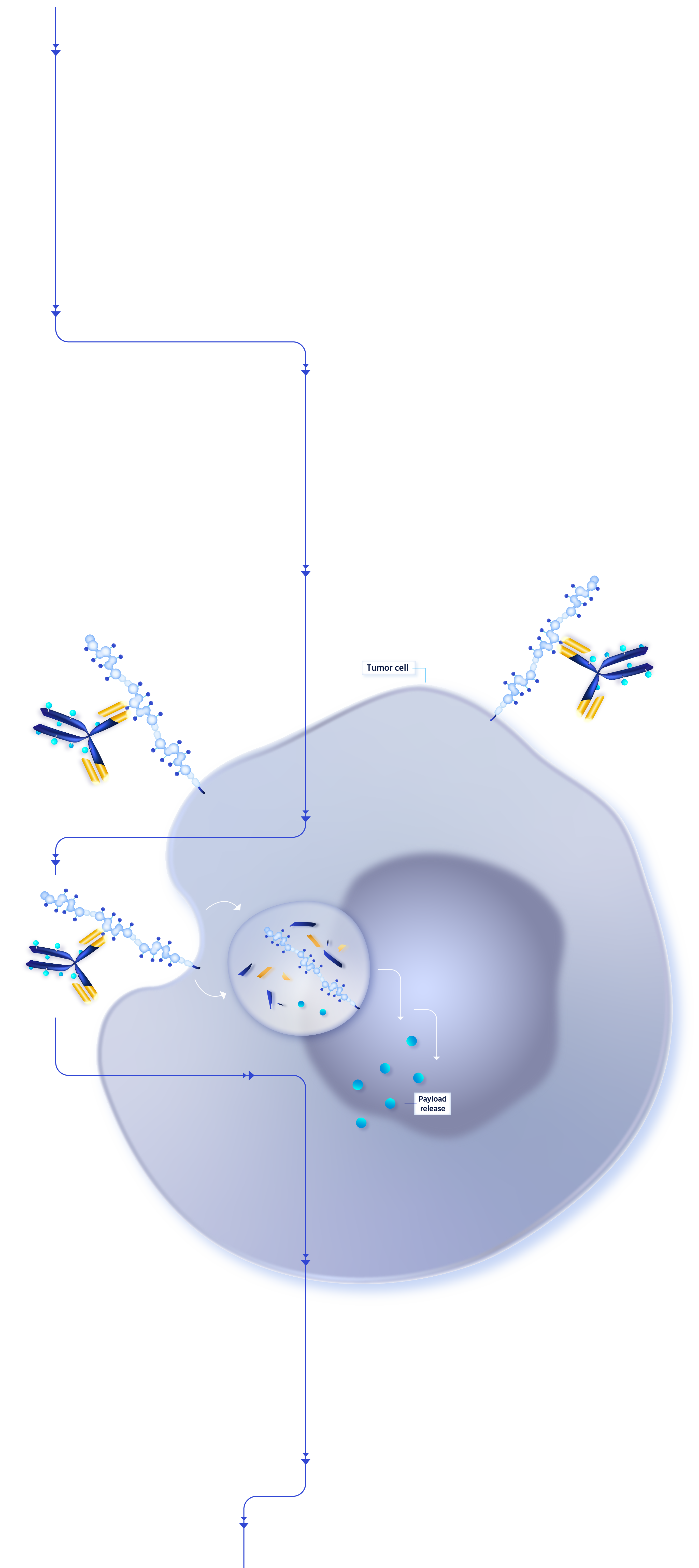

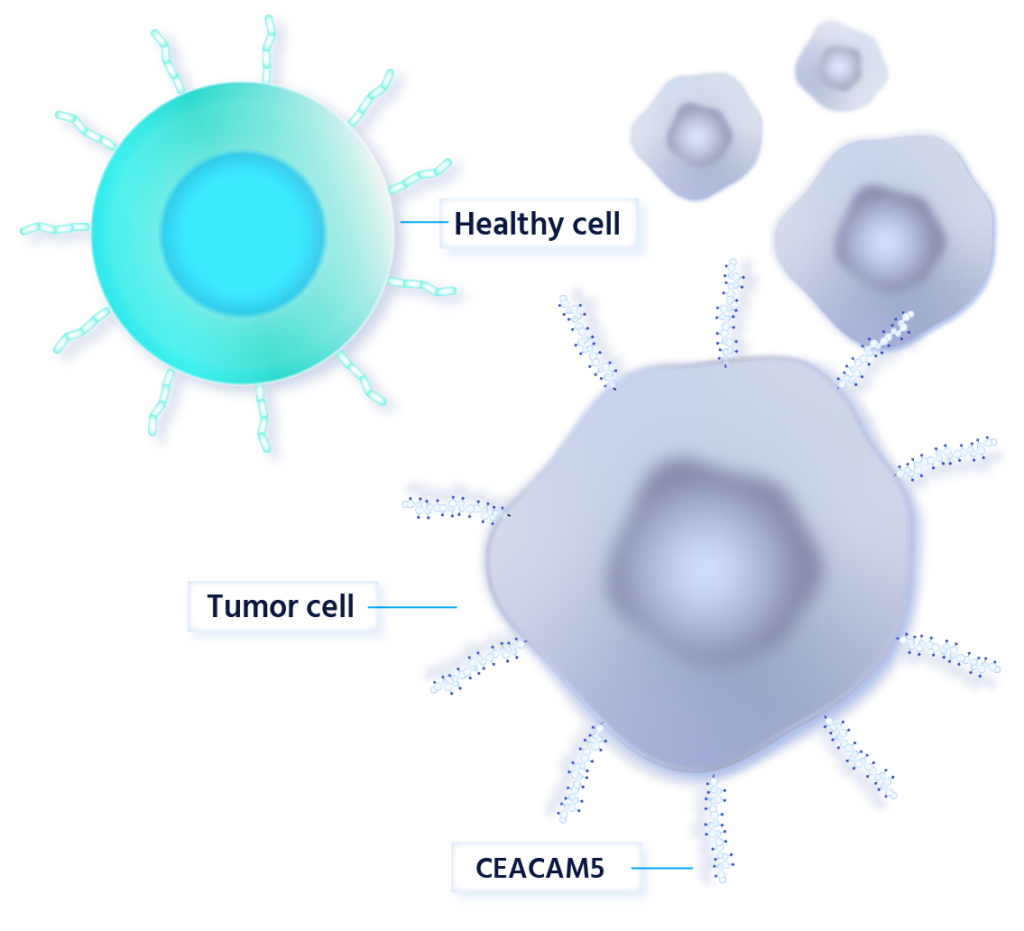

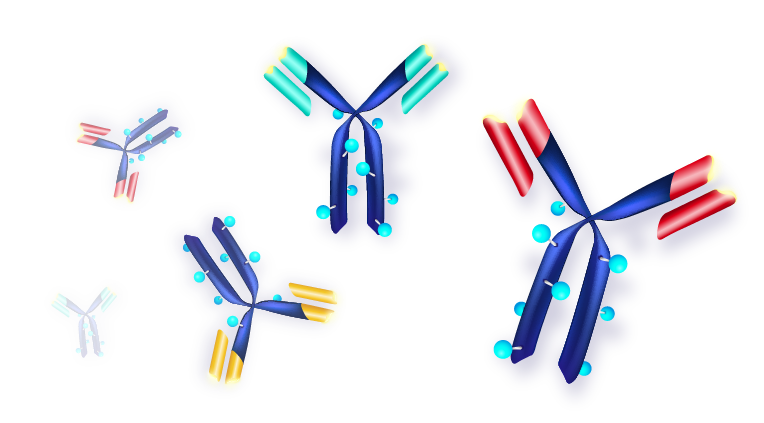

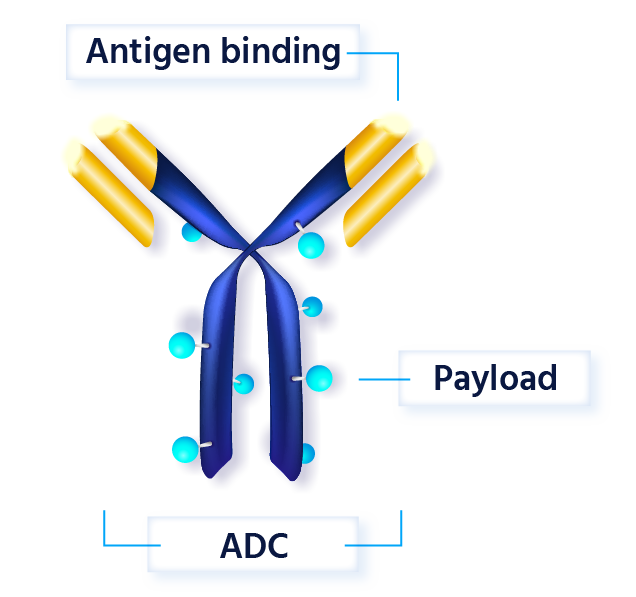

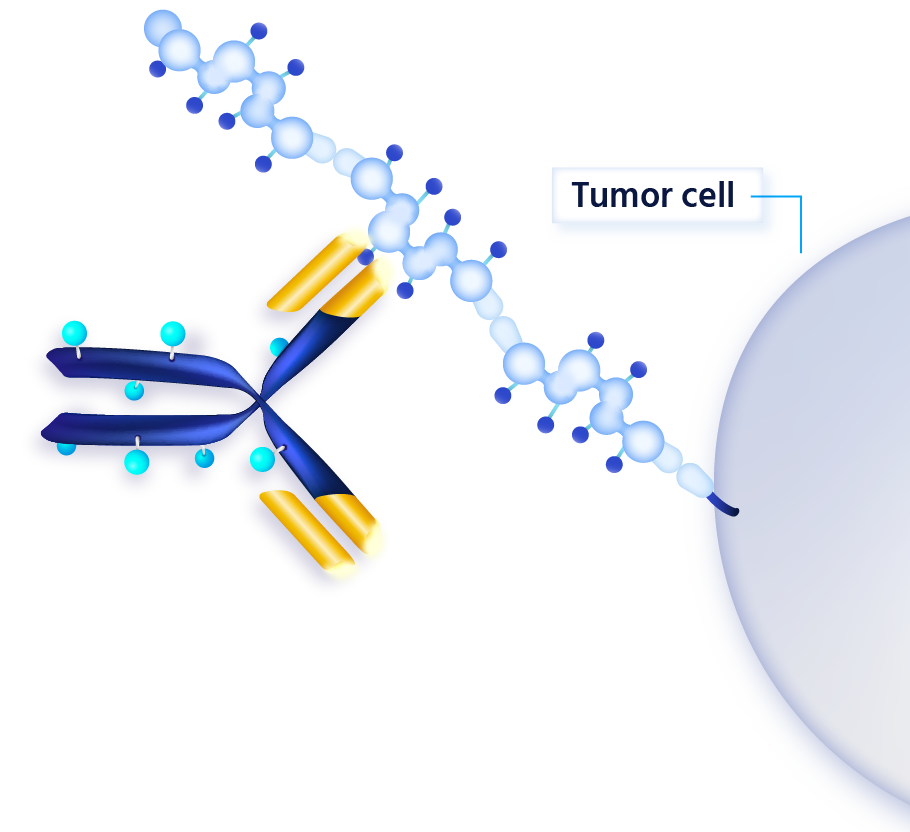



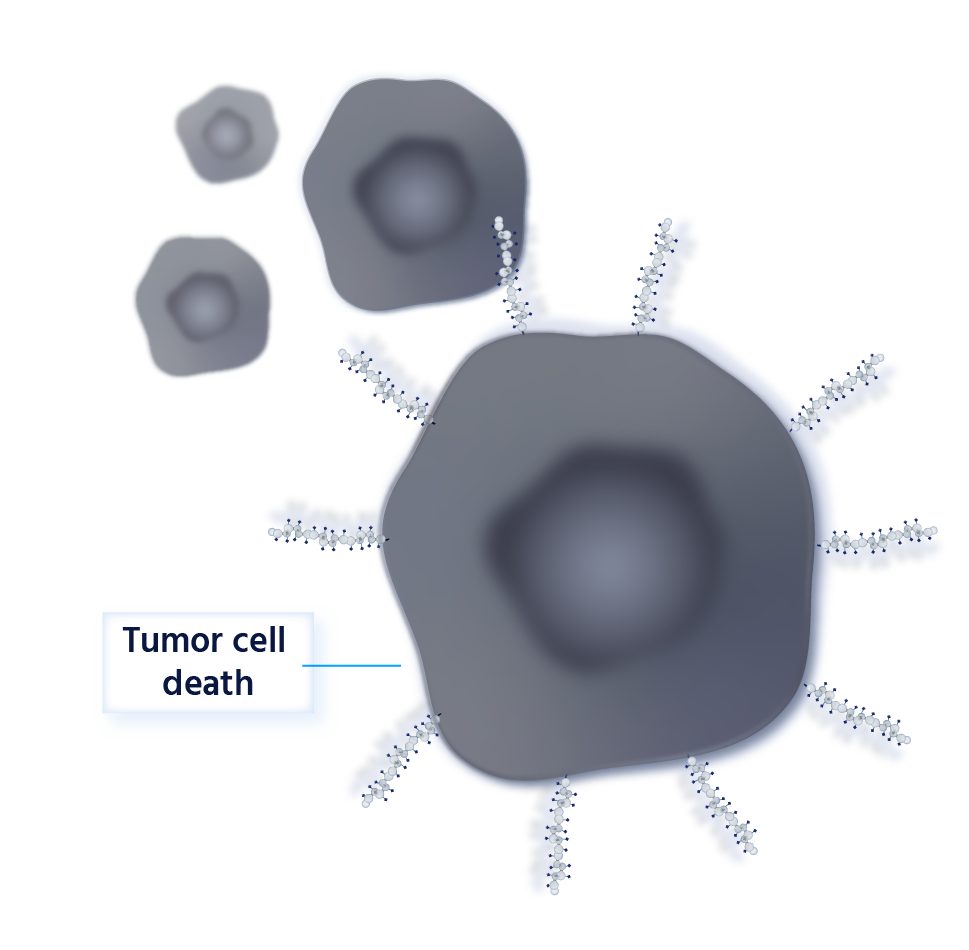


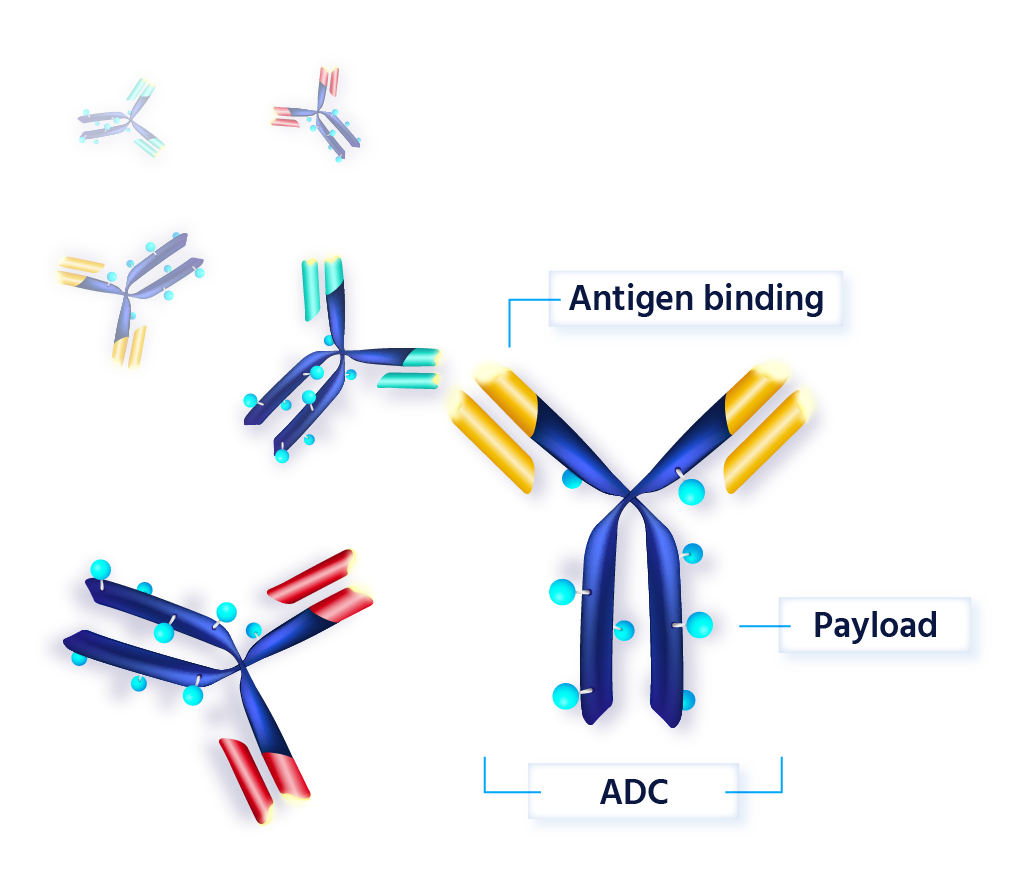
The ADC binds to the CEACAM receptor on the cancer cell, initiating the process of internalization.



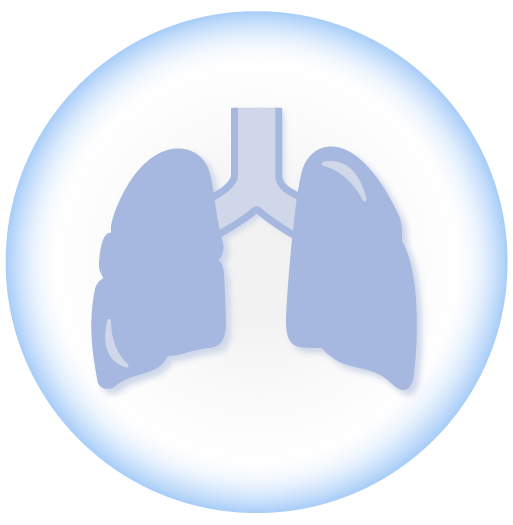
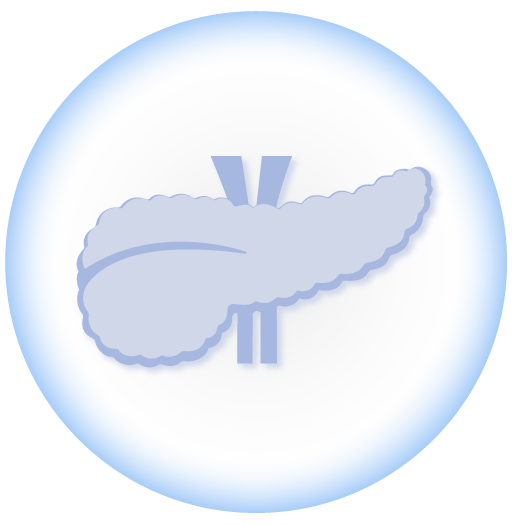



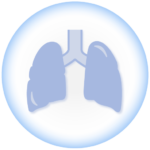
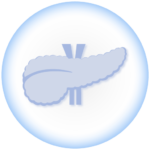

CEACAM5/6 receptors present a rare opportunity to target difficult-to-treat cancers: they occur in a wide variety of cancers, including colorectal, cervical, colon, non-small cell lung, and pancreatic, but are virtually undetectable in normal tissue. The unique specificity of our target in combination with our superior antibodies enables us to create advanced therapeutics for these cancers with few targeted treatment options. Our lead antibody, CT109, binds exclusively to CEACAM5/6, enabling the selective targeting of a wide range of epithelial cancers.